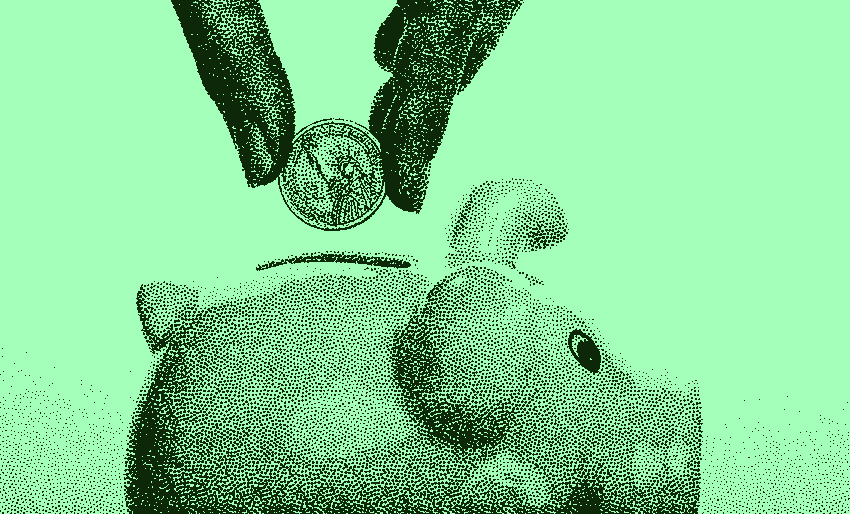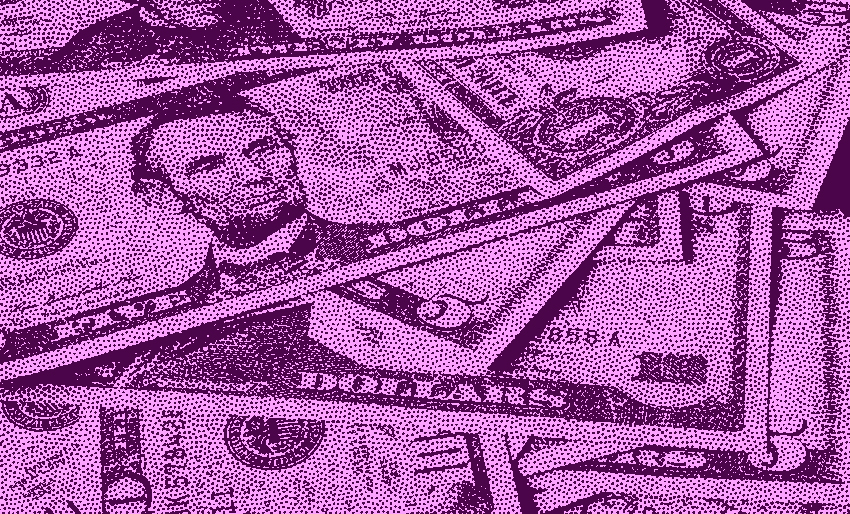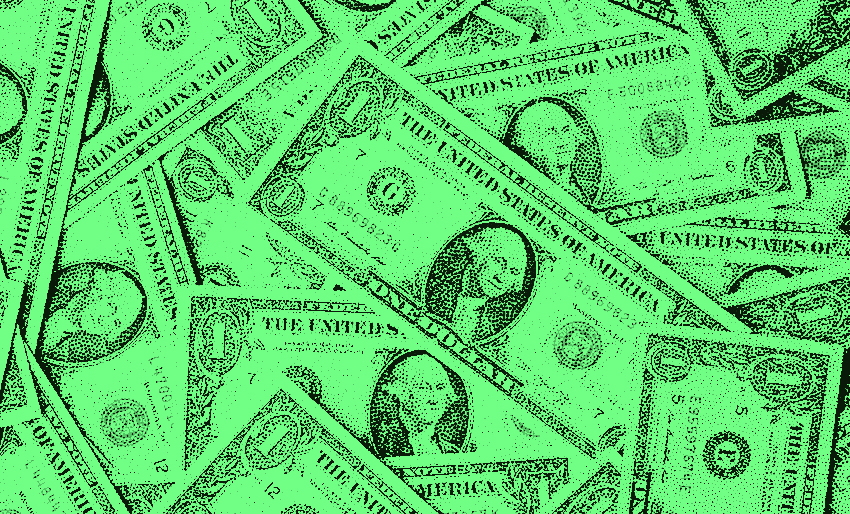The Fed Just Cut Rates to 0%. So What Does That Mean Exactly?
Yesterday evening the Federal Reserve issued an emergency rate cut in hopes of stimulating the economy in response to coronavirus. Technically, they lowered their overnight lending rate to a target rate of between 0% and 0.25%.
They also announced they’ll start quantitative easing, aka “QE”, where they’ll buy up government bonds and mortgage backed securities to help infuse cash into financial markets. This is similar to what they did during the 2008 financial crisis.
So what does all this really mean?
First off, what is the Federal Reserve?
The Federal Reserve (or the Fed for short) is the central banking system of the US. Basically they’re the bank to all the other banks.
The Fed has two important mandates by law; 1) To maximize employment and 2) Stabilize prices (aka keep inflation under control). And they typically act on these mandates by adjusting the money supply by raising or lowering short-term interest rates.
So if the economy is sluggish and the Fed is concerned about rising unemployment, they’ll be inclined to lower interest rates in hopes of encouraging banks to lend more money to fuel the economy to grow. But if the economy is growing faster than expected and inflation is on the rise, the Fed would instead be more likely to raise rates to try to cool things off a bit.
The exact mechanics are a little more technical, but basically they’re looking for the sweet spot of full employment with solid economic growth and low/stable inflation.
How does COVID-19/coronavirus come into play?
There’s a lot of uncertainty around the impact the coronavirus will have on the economy. But it’s pretty clear it won’t be good.
Beyond the direct impact it’s having on human lives, schools and businesses are closing their doors to avoid contagion, travel is being canceled/restricted, restaurants, bars, and other public places are closing around the county and around the world.
The Fed is hoping that by lowering interest rates and doing quantitative easing, they can prevent a more serious drop in economic activity.
Will it have a significant impact on the economy? It’s hard to say.
Interest rates are already historically low and it’s not particularly clear that lowering them any further will encourage economic growth broadly. But the Fed is trying to be proactive before things get even worse, and it might help prevent a liquidity crunch (aka a cash shortage) if businesses need cash to stay afloat in the short term.
What does the rate cut mean for you?
There are two sides of the coin to consider – you as a saver and you as a borrower.
For you as a saver, the interest rate drop will likely mean a lower interest rate on your savings account. So not great. But the recent drop in stocks could be a good opportunity to invest some money if you’ve been thinking about it. We can help you get started.
For you as a borrower, lower rates can be a good thing.
Mortgage rates are at historic lows and will likely remain low with the rate cut and the Fed’s commitment to buy mortgage-backed securities through quantitative easing. So if you already have a mortgage, it could be a good time to refinance. If you’re looking to buy a home, it could also be a good time, rate-wise, but with everything else going on, it might be logistically challenging for a while.
Federal student loans have fixed rates, so your interest won’t change there, but if you have private student loans, you might be able to refinance to a lower rate.
If you have other loans like an auto loan or credit card debt, you might see a reduction in your interest payments, and you can always reach out to your lender and ask. (Although we recommend paying off your credit card debt as quickly as possible).
What does this mean for the big picture?
For you as a member of the broader economy, it’s a little less clear.
The Fed was hoping the rate cut and QE would help bolster the economy and give confidence to financial markets, but so far, stocks have declined in the wake of the news (as of Monday 3-16-20). In fairness though, a lot of negative news came out over the weekend as the world shut it’s doors, so it’s hard to determine the exact impact the Fed move had.
Long story short, the economy is facing a large disruption and it will probably take some time (months) for things to get sorted out. This doesn’t mean the world is ending, but it does mean there will likely be financial pain for a lot of people and we need to be realistic about the challenges ahead.
As the situation continues to evolve, we’ll do our best to keep you informed, so follow us on social media @ findwesdotcom (Facebook, Twitter, Instagram). Or you can enter your email below – we won’t spam you with a lot of nonsense or share your information. So stay tuned and be safe.
Anything else we can help you with?
► Check out our Investing Cheat Sheet for a general overview of investing
► Learn how to file your taxes quickly and easily with tax preparation software



